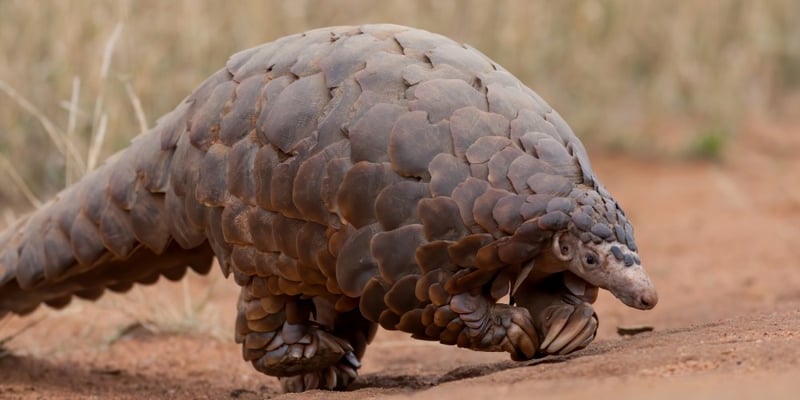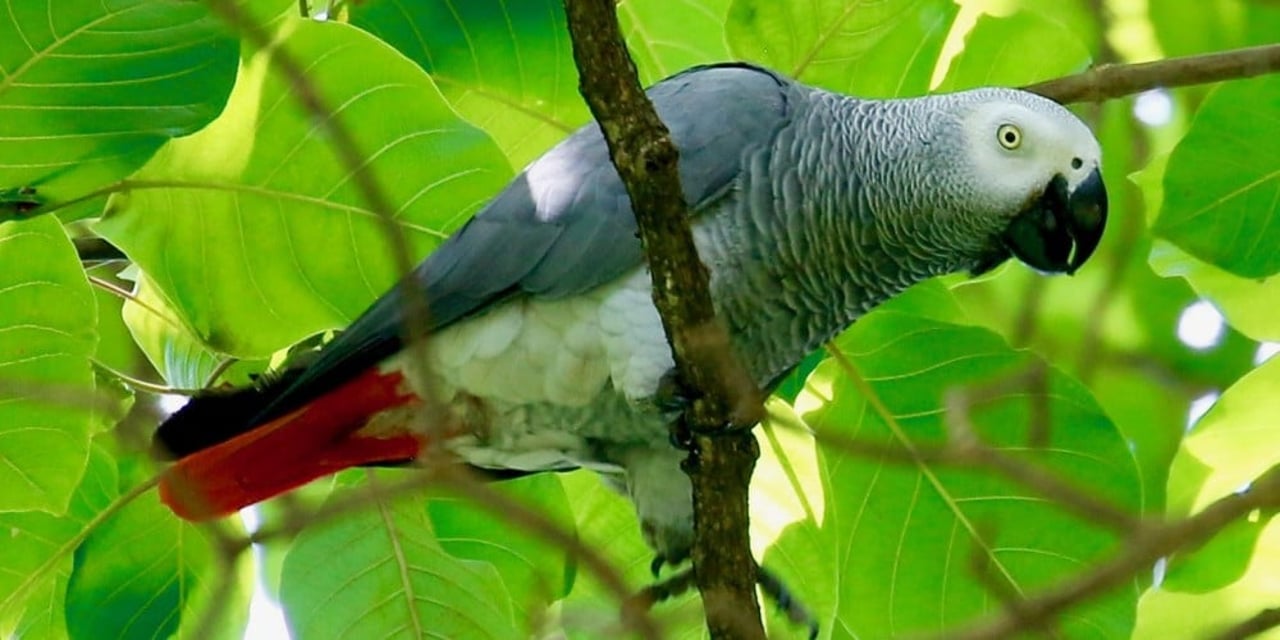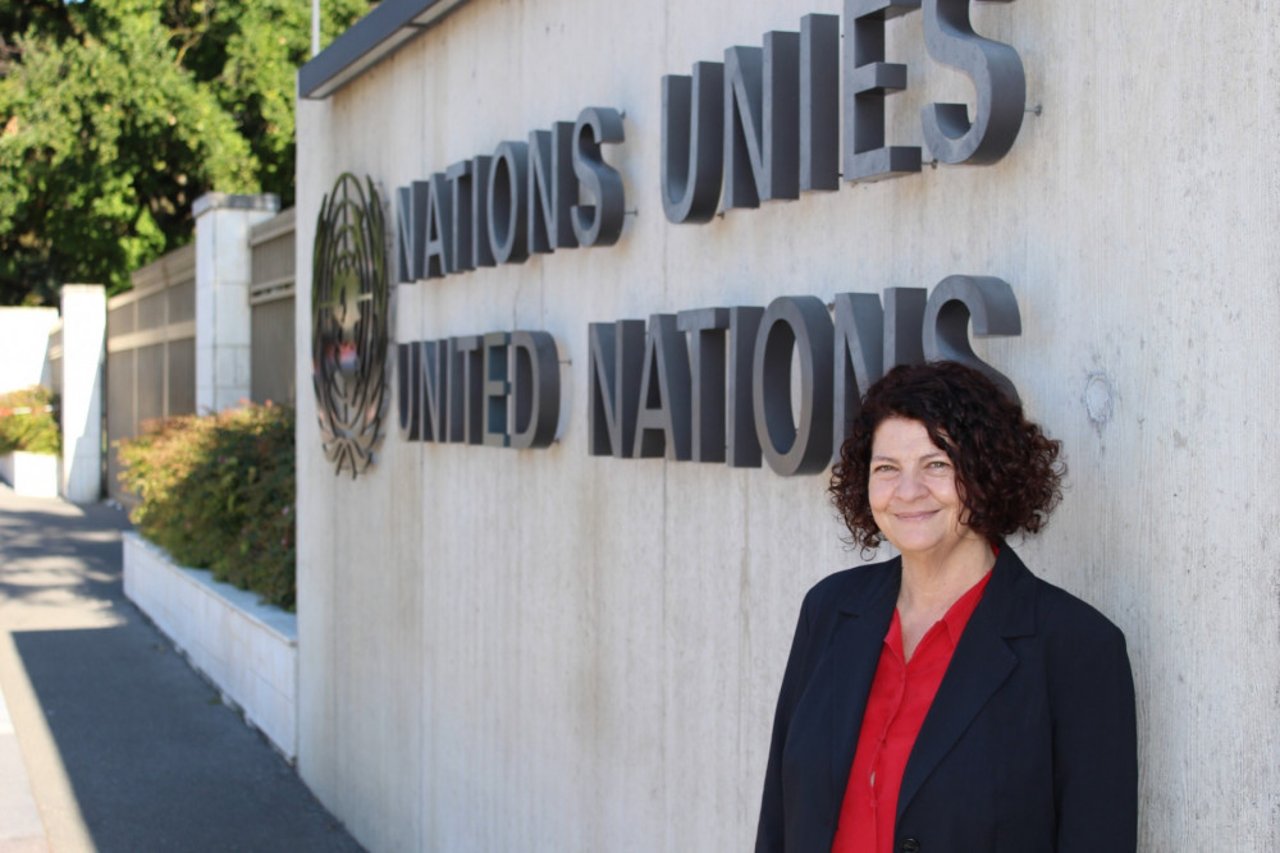
By influencing governments, laws and company policies, our dedicated team of experts is putting animal welfare on the global agenda. Find out exactly how they do this difficult job
1. Finding an entry point
To make big changes for animals our lobbying team need to analyse who is influential on the issue – both in favour and opposed. We then need to reconnect or forge relationships with these people at the right moment in time. We make sure we are equipped with persuasive arguments that are backed up with evidence and credible technical expertise.
So, looking for ‘entry points’ means taking advantage of an opportunity when it arises or elevating an issue. By doing this, we can show and persuade a person of influence why they should care about helping animals and how this will be beneficial to their country, company or organisation. These factors are important determiners of success. Our lobbying and advocacy teams always ask themselves: “How can we get animals into a political or business issue, into the particular debate and process that is being talked about?”
An African Grey Parrot on a tree branch in the wild in Uganda
2. Building relationships
Strong, respectful relationships are a crucial part of the process. They are built over time, tactically and persuasively. We seek to build relationships with people who have an interest in the animal welfare issue we are advocating and have some influence over it. Maintaining beneficial relationships helps us help animals in the long run.
We will outline to a politician how a certain situation leads to terrible circumstances for animals. We will explain what the consequences of poor animal welfare will be and why this is important to rectify. Our team then puts forward recommendations from our evidence-based research on how the situation can be improved or how a solution can be found.
3. Changing perceptions
Next, our experts’ goal is to show leaders and politicians that improving animal welfare solves other problems.
This is not easy. Unlike us, many politicians, ambassadors, global leaders and business people may not have animal welfare high on their agendas. They might see animals only as commodities and may not be aware of their suffering. However, once politicians and companies believe that animal welfare is part of the solution, rather than a problem, they see protecting animals in a different light. They often want to work, with our support, towards solutions that protect animals as well as people.
Our lobbying and advocacy experts calmly and insightfully look at the needs and agendas of the people we want to influence – the decision makers – and present how animal welfare can help their business, organisation or country. Their methods pay off.
Thanks to them the protection of livestock and working animals from disasters has just become part of the UN’s disaster risk reduction strategy that every country in the world will need to include in their plans.
We also highlighted how protecting dogs from rabies and managing their populations humanely would be the cheapest and most effective way to protect people’s health too. Millions of animals will now be protected through the UN focus of vaccinating dogs, instead of killing them. This will save 60,000 human lives every year.
Kelly Dent - directer of external engagement, outside the UN in Geneva
4. Taking time and being there
In the lobbying and advocacy world, it can take time to make these ground-breaking changes happen. This is because organisations and governments have so many different layers and approval systems to get things done. Or perhaps the timing is not yet quite right for the issue we are advancing.
Because of our status as a respected, experienced and expert organisation, we are the only international animal welfare organisation with general consultative status at the UN. This means we can attend key meetings and our viewpoint is highly valued.
So much of our work depends on building relationships forging new ones and ‘being there’. Our experts make sure that we are at all the relevant key meetings and are a presence in our own right. Our arguments are solid, based on evidence, offer solutions and respond to the concerns of those that we want to influence.
5. Finding champions
Champion countries are important in moving the political process forward, often through regional bodies like the UN or others such as the G20. And they don’t always have to be big nations, like the USA, Russia and China, to make a powerful difference for animals. Smaller countries, with whom we develop relationships, can be very influential. They can be important allies. By making statements and pronouncements at key meetings, they can introduce new ideas and solutions and encourage other countries to listen and act.
Calling for a global wildlife trade ban
When you support our lobbying and advocacy work, you help protect billions of animals. Over the next few months we’ll be needing your help more than ever as we call for a global wildlife trade ban. The outbreak of the coronavirus pandemic is shining a harsh spotlight on how people treat wild animals cruelly and exploit them for commercial gain. This exploitation comes at a considerable cost, not just to wild animals, but to the health of people and our planet.
Please join us to ask global leaders to put a permanent ban on wildlife trade.

